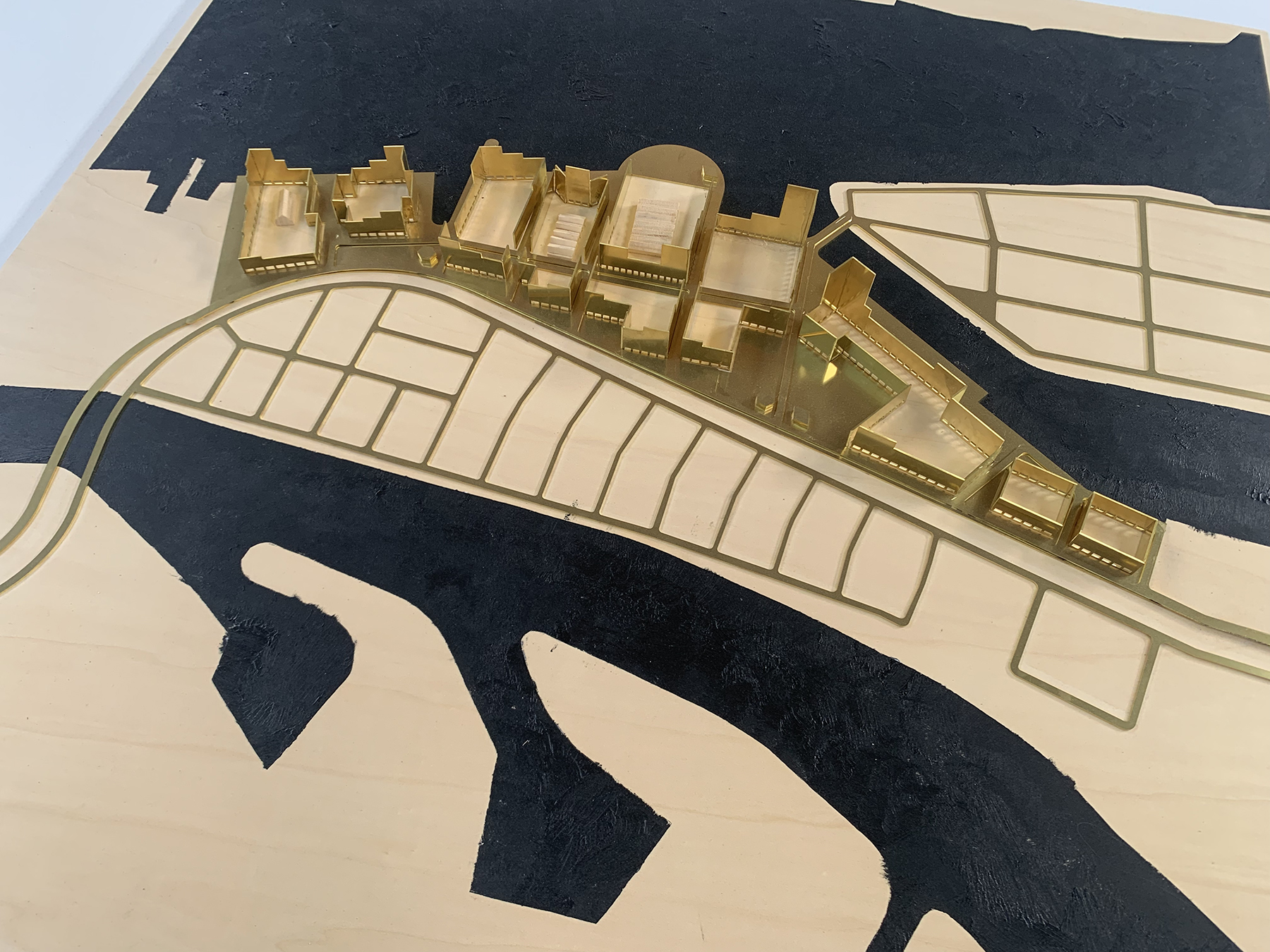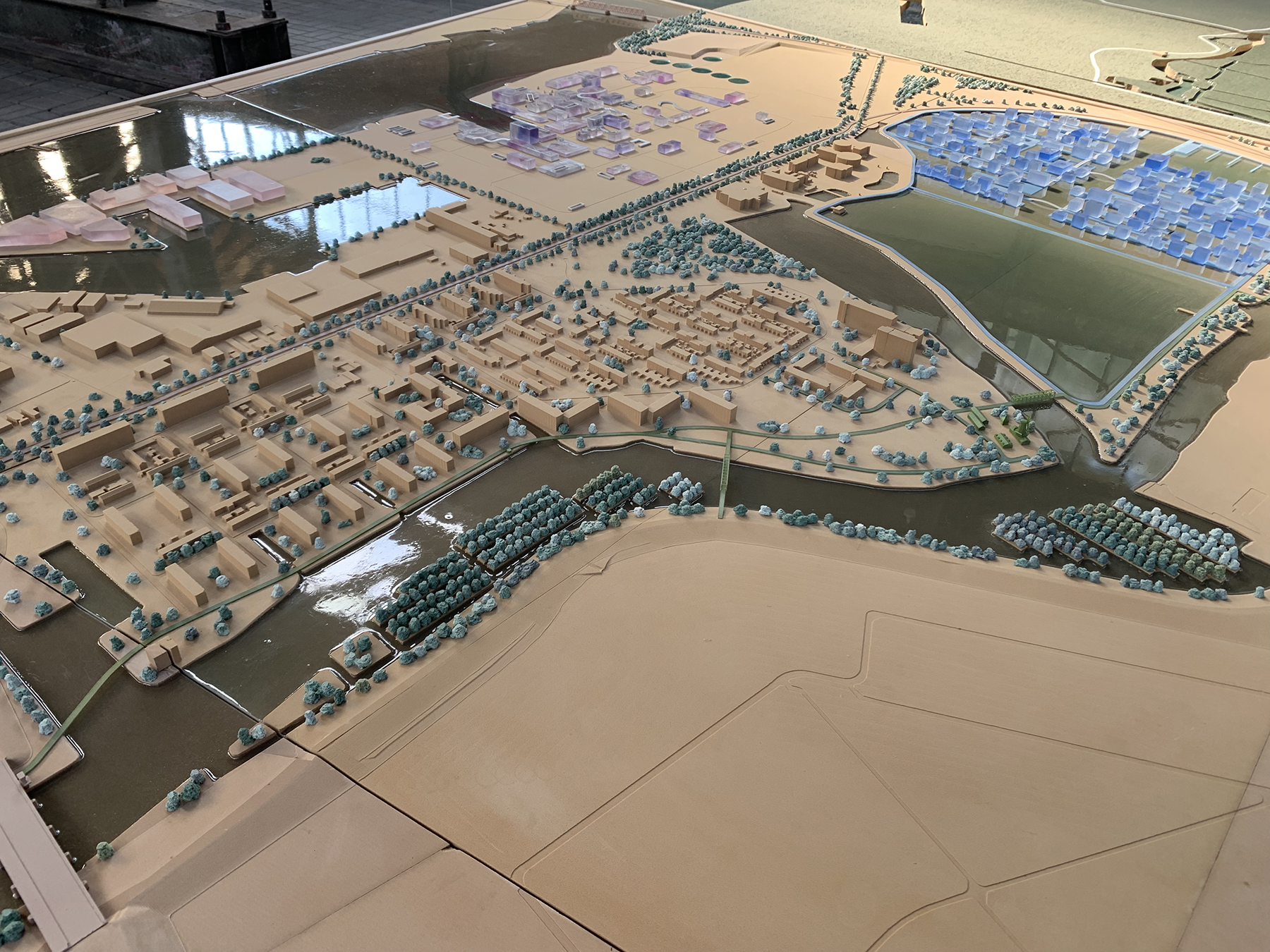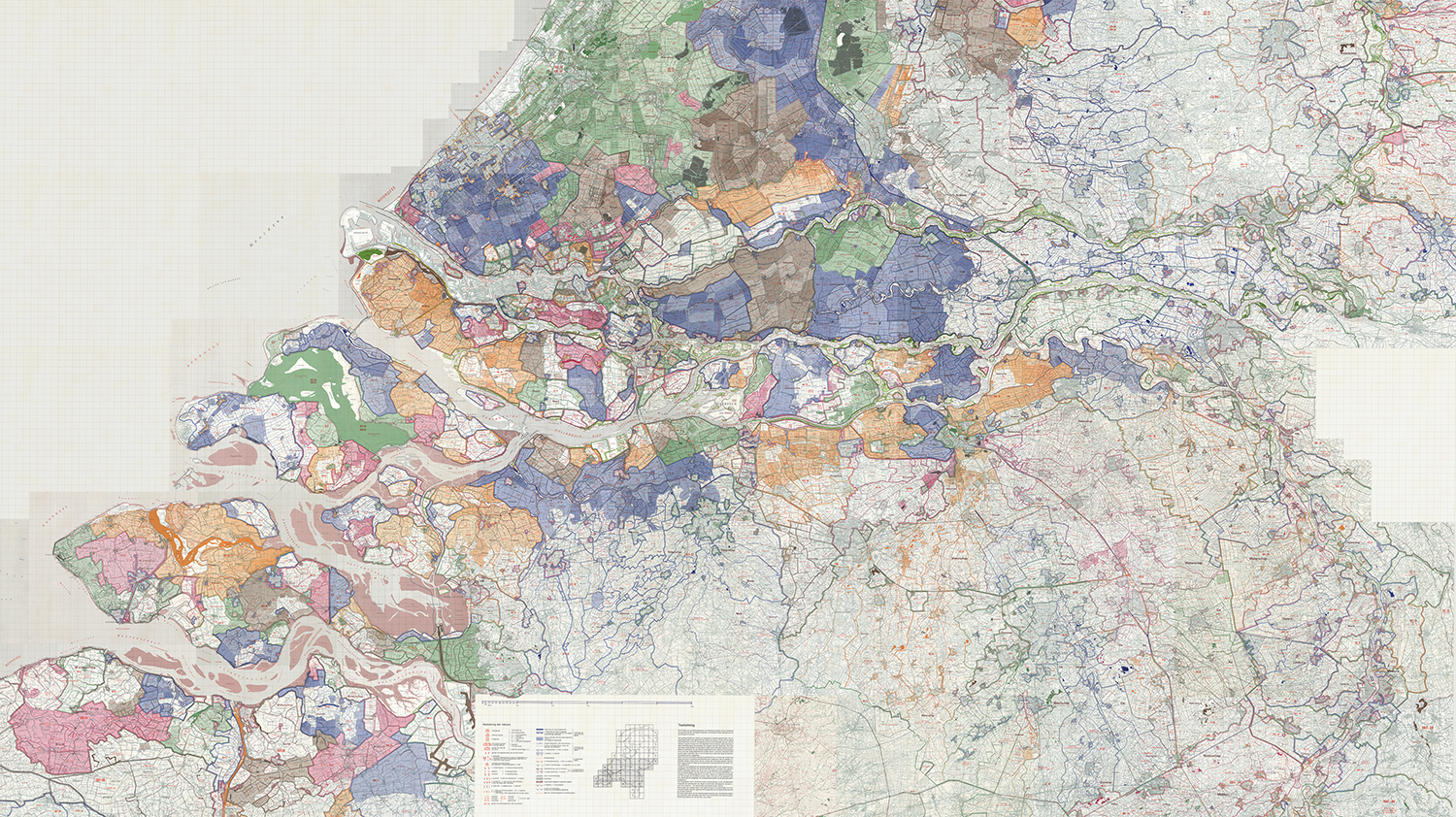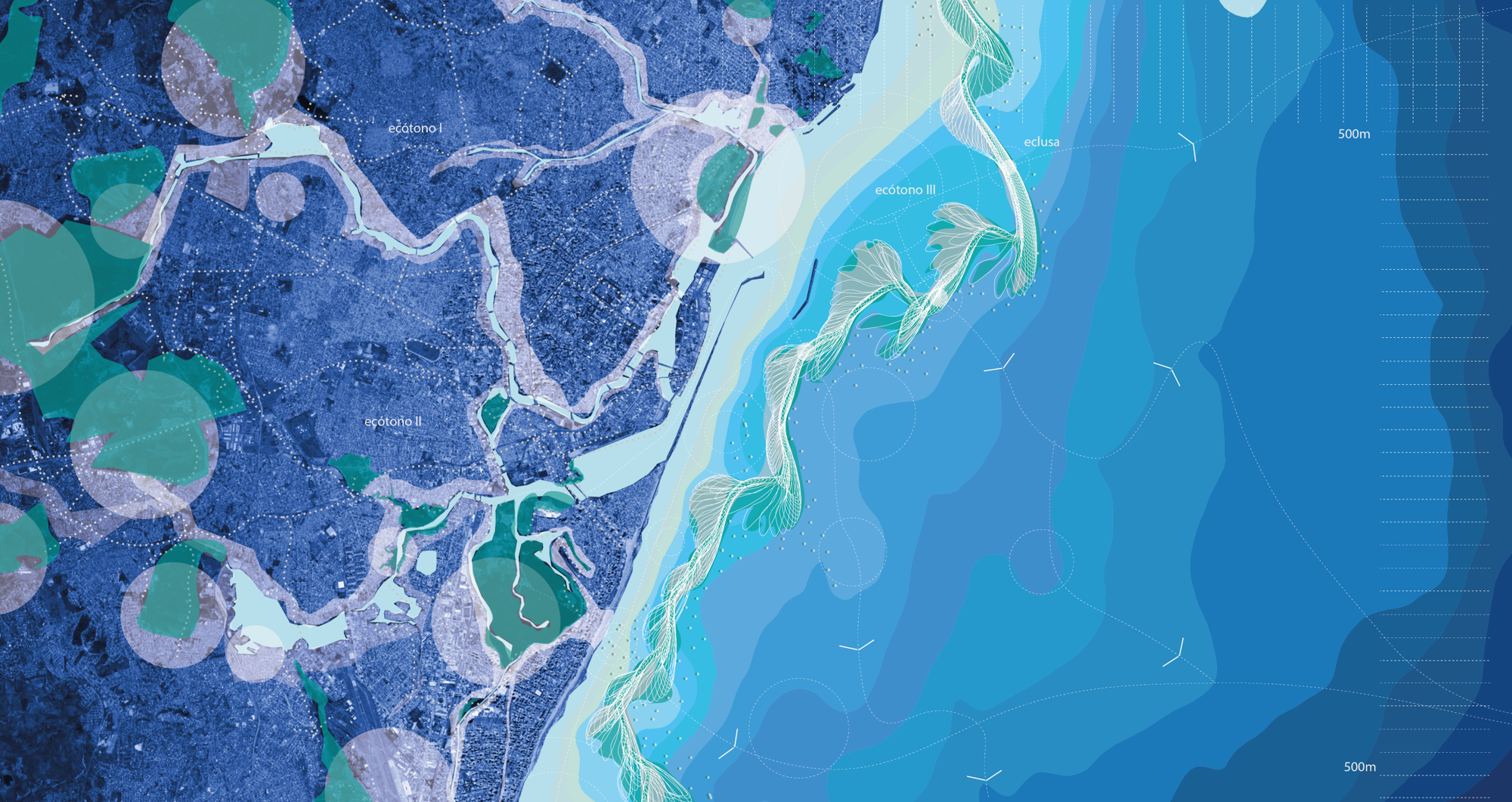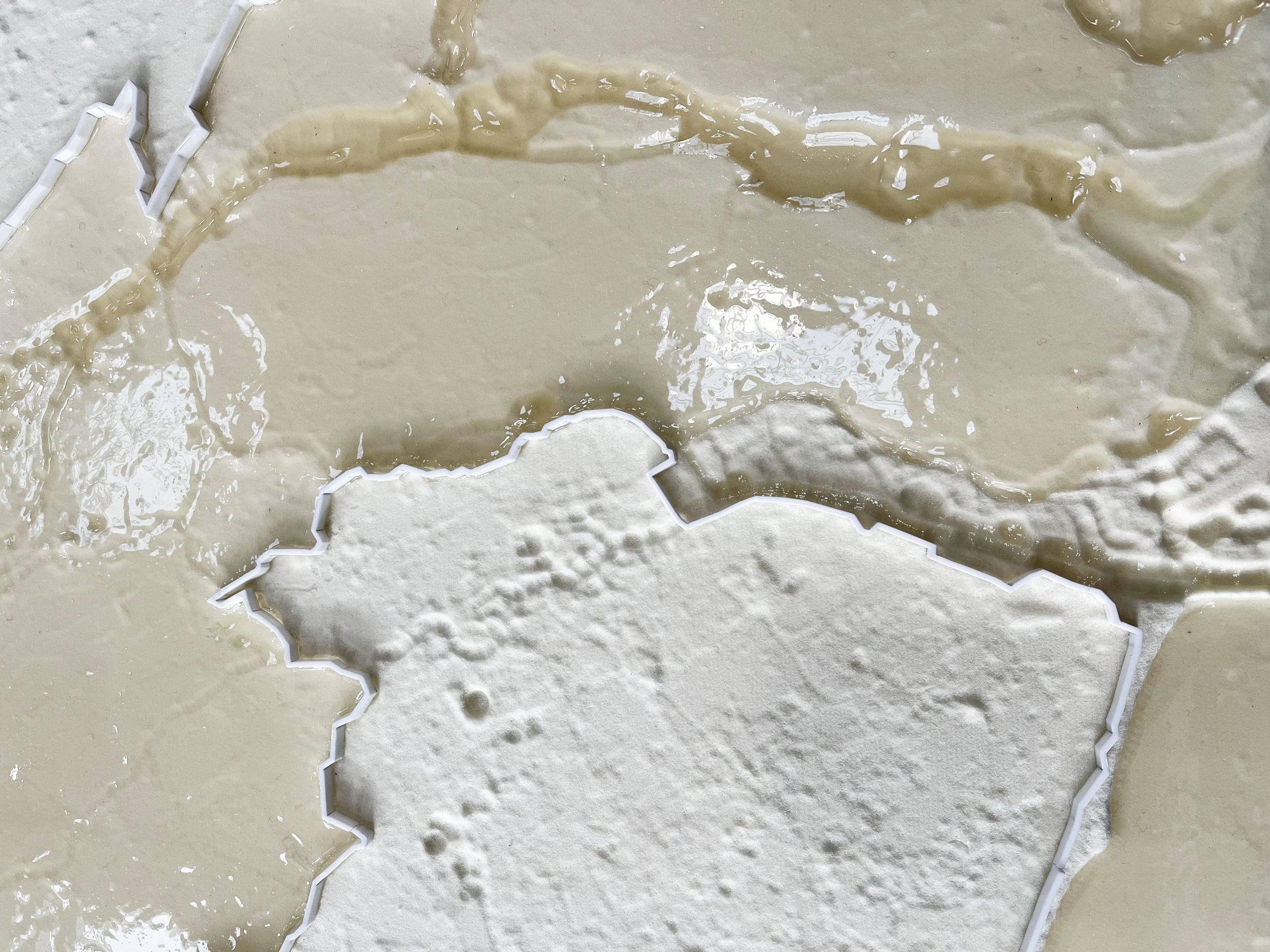
Privacy Policy
The ReDesigning Deltas (RDD) project (“us”, “we”, or “our” – the partners of this project) operates www.redesigningdeltas.org (the “Site”). This page informs you of our policies regarding the collection, use and disclosure of Personal Information we receive from users of the Site.
RDD uses your Personal Information only for communicating updates of the project or using your anonymised data to improve the performance and functionality of the Site. By using the Site, you agree to the collection and use of information in accordance with this policy.
RDD is a research project committed to make sure your privacy is protected. Should we ask you to provide certain information by which you can be identified when using this website, then you can be assured that it will only be used in accordance with this privacy statement.
RDD may change this policy from time to time by updating this page. You should check this page from time to time to ensure that you are happy with any changes. This policy was last updated on 21th June 2022.
Our site is not intended for use by minors (under the age of 16) and we do not aim to collect information relating to minors.
Information we collect
We may, on occasion, contact you directly via email to update you on the progress of the project or for feedback. 3rd party newsletter service is provided by Mailchimp with full compliance of the GDPR regulation.
Users may opt-out of newsletters or request not to be contacted and/or have personal contact information updated, exported, erased or simply personal information made available. Erasing data can be done by writing to info[at]redesigningdeltas.org, were any assumed violations of data protection should be likewise addressed.
For the purposes of the General Data Protection Regulation (EU) the data controller is Delft University of Technology.
Log Data
Like many site operators, we collect information that your browser sends whenever you visit our Site (“Log Data”). This Log Data may include information such as your browser type, browser version, the pages of our Site that you visit, the time and date of your visit, the time spent on those pages and other statistics. In addition, we may use third party services such as Google Analytics that collect, monitor and analyze this data. Your computer’s IP address, has been anonymised and we will not connect your activity on the site with your Personal Information.
Communications
We may use your Personal Information to contact you with newsletters, marketing or promotional materials and other information that are relevant for the project. You may opt out of such communication at any time during, or simply not respond.
Cookies
Like many sites, we use “cookies” to collect information. You can instruct your browser to refuse all cookies or to indicate when a cookie is being sent. This information includes browser type, internet service provider (ISP), referring/exit pages, operating system, date/time stamp, and clickstream data. We use this information, which does not identify individual users, to analyse trends, to administer the site, to track users’ movements around the site and to gather demographic information about our user base as a whole.
We use third-party tracking services (such as Google Analytics) that uses cookies to track non-personally identifiable information about visitors to our site such as browser type, referring/exit pages, operating system, date/time stamp. We use this information to better gain an understanding about how our site is used by visitors, helping us to update and improve the website.
Controlling your personal information
RDD will not sell, distribute or lease your personal information to third parties unless we have your permission or are required by law to do so. If you believe that any information we are holding on you is incorrect or incomplete, please write to or email us as soon as possible, at the above address. We will promptly correct any information found to be incorrect.
Security
The security of your Personal Information is important to us, and in order to prevent unauthorised access or disclosure, we have put in place suitable physical, electronic and managerial procedures to safeguard and secure the information we collect online. Please keep in mind that no method of transmission over the Internet, or method of electronic storage, is 100% secure. While we strive to use commercially acceptable means to protect your Personal Information, we cannot guarantee its absolute security.
Links to other websites
Our website may contain links to other websites of interest. However, once you have used these links to leave our site, you should note that we do not have any control over that other website. Therefore, we cannot be responsible for the protection and privacy of any information which you provide whilst visiting such sites and such sites are not governed by this privacy statement. You should exercise caution and look at the privacy statement applicable to the website in question.
Changes To This Privacy Policy
This Privacy Policy is effective as of the date noted above and will remain in effect except with respect to any changes in its provisions in the future, which will be in effect immediately after being posted on this page.
We reserve the right to update or change our Privacy Policy at any time and you should check this Privacy Policy periodically. Your continued use of the Service after we post any modifications to the Privacy Policy on this page will constitute your acknowledgment of the modifications and your consent to abide and be bound by the modified Privacy Policy.
If we make any significant material changes to this Privacy Policy, we aim to notify you either through the email address you have provided us, or by placing a prominent notice on our website.
Contact Us
If you have any questions about this Privacy Policy, please contact us at info[at]redesigningdeltas.org.
